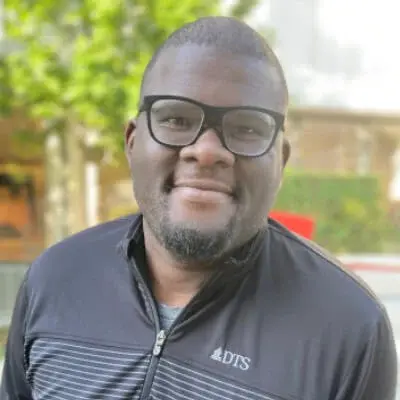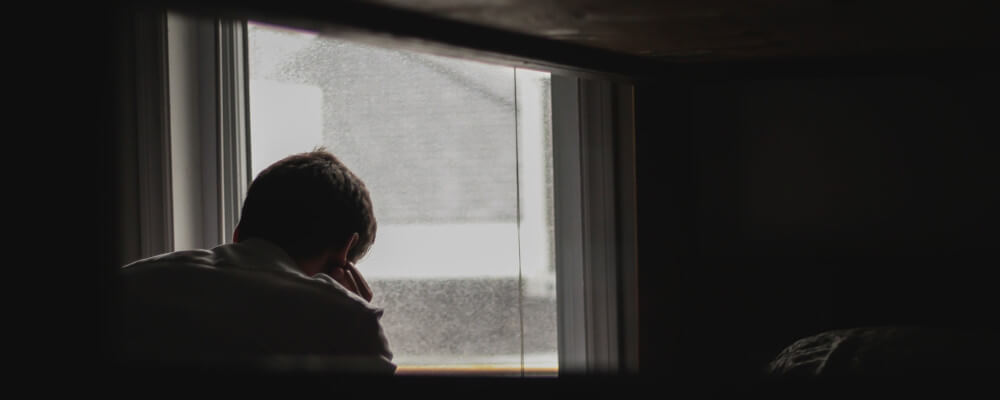
Change: Becoming A Better You
If you’re reading this, there’s a good chance you’re one of the 80% of Americans who have already failed to keep their New Year’s resolutions. Don’t feel bad. If that statistic is right--and according to the Times-Tribune it is--then you’re not alone. In fact, the overwhelming majority of us will fall flat on our faces when it comes to keeping those ever-elusive New Year’s resolutions.
“So, why bother?” You might ask. Now, don’t get me wrong, I’m not a big fan of New Year’s resolutions. (I can’t even remember the last time I made any.) And while you won’t find 7 Easy Steps to Making your New Year’s Resolutions a Reality here, if there’s one thing I appreciate about the tradition it’s that, once a year, we’re encouraged to imagine what it might look like if we were to become a better version of ourselves. And I can definitely get behind that.
A Better You
What it means to become a better version of yourself can take different shapes. Maybe you want to become more financially stable. Or maybe you want to become a better parent, friend, spouse, or partner. Maybe you want to take more risks and become a more adventurous person. Or maybe you just want to lose some weight—there’s nothing wrong with that.
And yet, no matter how much we might want it, bridging that divide between “resolution” and “reality” can feel like trying to do the impossible. Some people will try to explain the hard away by putting the blame on you. You don’t want it bad enough. You’re lying to yourself and to everybody else. Others might say the problem is your method. You’re going about it the wrong way. You’re using the wrong app, program, or diet.
Here’s what I say...
It’s Complicated
Change is hard. I know. I wish I could offer you something more profound. But the truth, in this case, is simple.
Change is hard because our relationship to change is complicated. Let me explain.
-
Homeostasis
Human beings are wired to maintain certain levels of stability while facing changing environments. While this is a concept primarily concerned with our biology, it can be applied to our psycho-emotional being as well. Just like our bodies work hard to maintain constancy, our minds and emotions do the same thing. They repeat the behaviors, thoughts, and feelings we put most into practice. When those patterns are threatened by change, our bodies automatically begin working against that uncomfortable sense of disequilibrium.
-
Environment
Our environments play an important role in shaping us. Do you live in a bustling city or a suburb? Do you live alone, with a roommate, a spouse, or your extended family? Do you live in a food desert? Does your environment feel safe and welcoming, or are you always keeping an eye over your shoulder? Now, take those questions and multiply them by the number of environments in which you find yourself—your home , work, play, and religious spaces, etc,. Each of these environments impacts your ability to introduce your desired change—whether positively or negatively—as your brain and body interact with the conditions of the work, personal, and communal spaces you inhabit on a daily basis. As one of my professors once put it, “It’s hard to be a new person in an old place.”
-
Resistance
And finally, change is hard, because our relationship to change is complicated by resistance. This can be external resistance—that opposition we are met with from family friends, coworkers, and partners. Our desire to change can sometimes trigger feelings of fear, inadequacy, guilt and loss in those closest to us. When we introduce change, we may be suddenly surprised to find that we don’t have the kind of love and support we expected.
Resistance can also be internal—opposition we meet within ourselves. This may well be the most complicated aspect of our relationship to change because, in part, it doesn’t seem to make any sense. Why would we resist doing what’s in our best interest and what will help us achieve what we most want? The answers to that question can range from complex biological factors to psychological, emotional, spiritual and socio-cultural factors.
Owning Hard
Regardless of what might be tripping you up, at the end of the day, it all comes down to this: Change is hard. But if you’re struggling to make the kinds of changes you need to or want to make, I have good news for you. The first step toward change is easy. And it starts with accepting that change is hard. Do you want to change your diet? It’s going to be hard. Do you want to grow your relationship with your spouse or partner? It’s going to be hard. Do you want to start a new business, start saving for that house, or learn a new skill? It’s going to be hard.
But owning that change is hard, does not mean it’s impossible.
Your Change Squad
As difficult and complicated as change can be, we at Lifeologie want you to embrace the possibility of change for your life and know that you don’t have to do it alone. If you have or are struggling to make necessary or desired changes, we get it. That’s why our therapy team takes a curious, non-judgmental and collaborative approach that will give you the tools, tips and support you need to navigate all the things related to your change journey. Book an appointment today with me or one of our other therapists to get started.

About Tristan Frazier
Tristan Frazier, LPC, LMFT Associate, earned his Master of Theology and a Master of Arts in Counseling from Dallas Theological Seminary. He specializes in helping individuals and couples work through conflict resolution, divorce, anxiety, depression, trauma, and issues related to faith-based spirituality. He uses a customized holistic approach to treat mind, body and soul at Lifeologie Counseling Dallas, where he is currently accepting new clients for telehealth.
Meet Me
.png)


